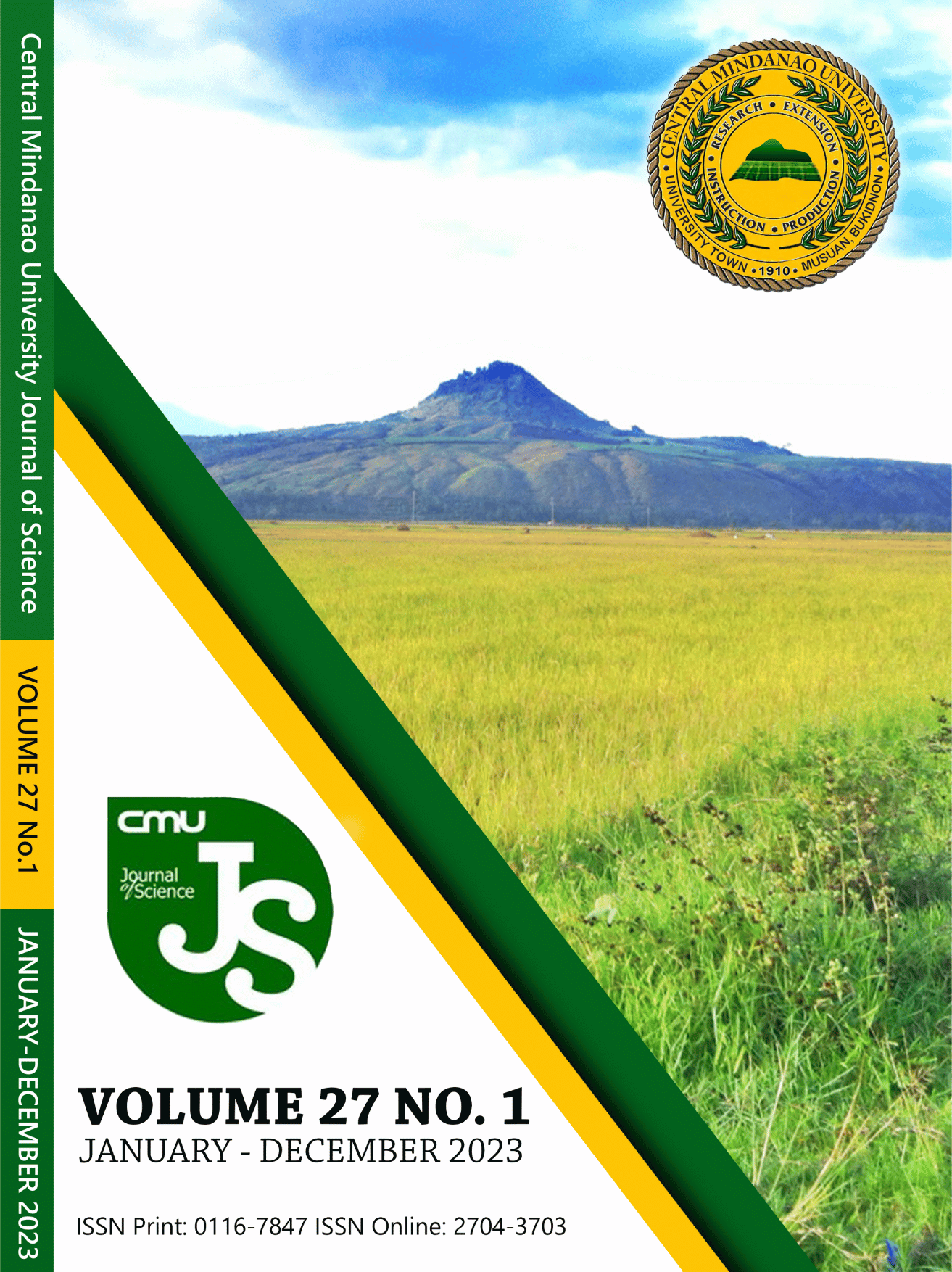Gender-Based Destination Models in Case of A 2013 Flood Evacuation in Quezon City, Metro Manila, Philippines
DOI:
https://doi.org/10.52751/MOKL9510Keywords:
Evacuation behavior, destination type, flood emergency, evacuation planningAbstract
Evacuation is a way to reduce disaster risks. Evacuation destination choice is essential in modeling and planning for logistical arrangements in future evacuations. In this study, exogenous variables that determine the destination choice of households were identified. Households in selected areas in Quezon City, Philippines were selected since they are highly vulnerable in the event of urban flooding. Gender-based discrete choice models for the whole evacuating households were developed. The resulting exogenous variables include income, source of warning, distance traveled from their house to their chosen destination, and length of stay in the selected destination. For male evacuees, determinants are the number of house floors, source of warning, and duration of stay in the choice of destination, while for female evacuees, factors are the type of work and house materials. This study provides valuable insights for government to plan for more effective evacuations. At the individual and household level, it gives insights to understand their decisions and increase self or household evacuation compliance. This can be a basis for more effective evacuation logistical arrangements for future flood evacuations.
Downloads













 LinkedIn
LinkedIn